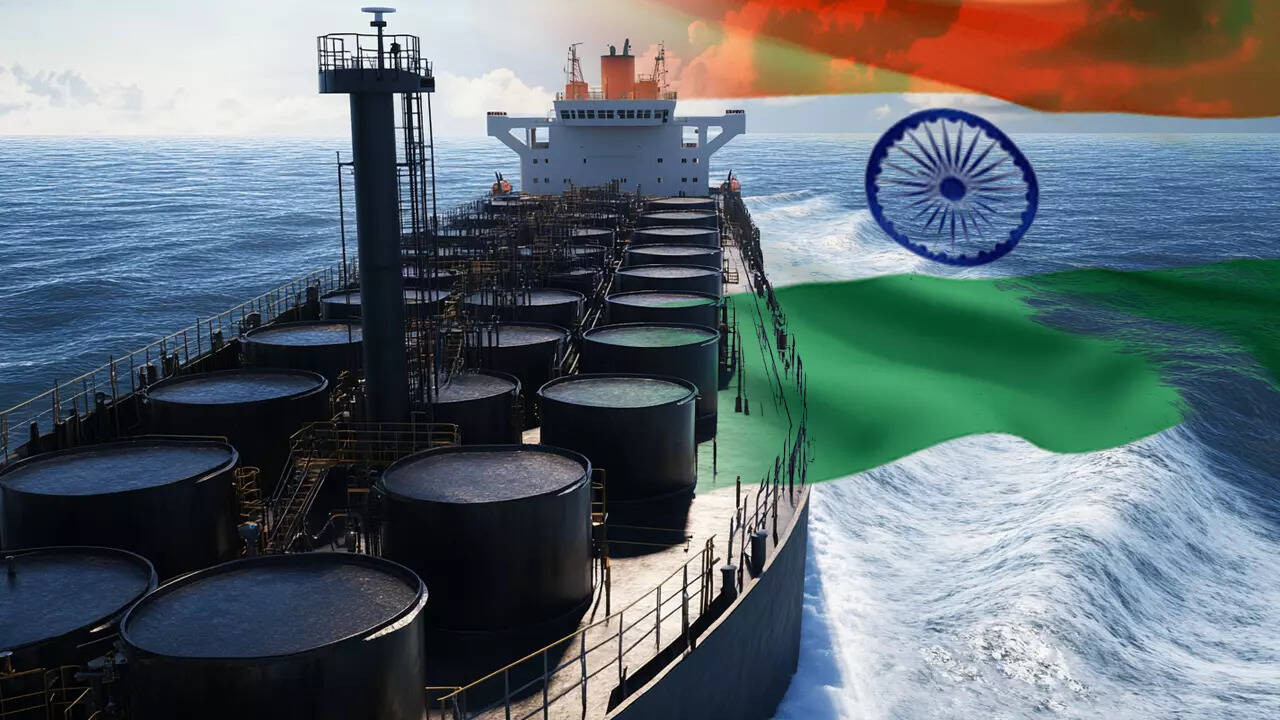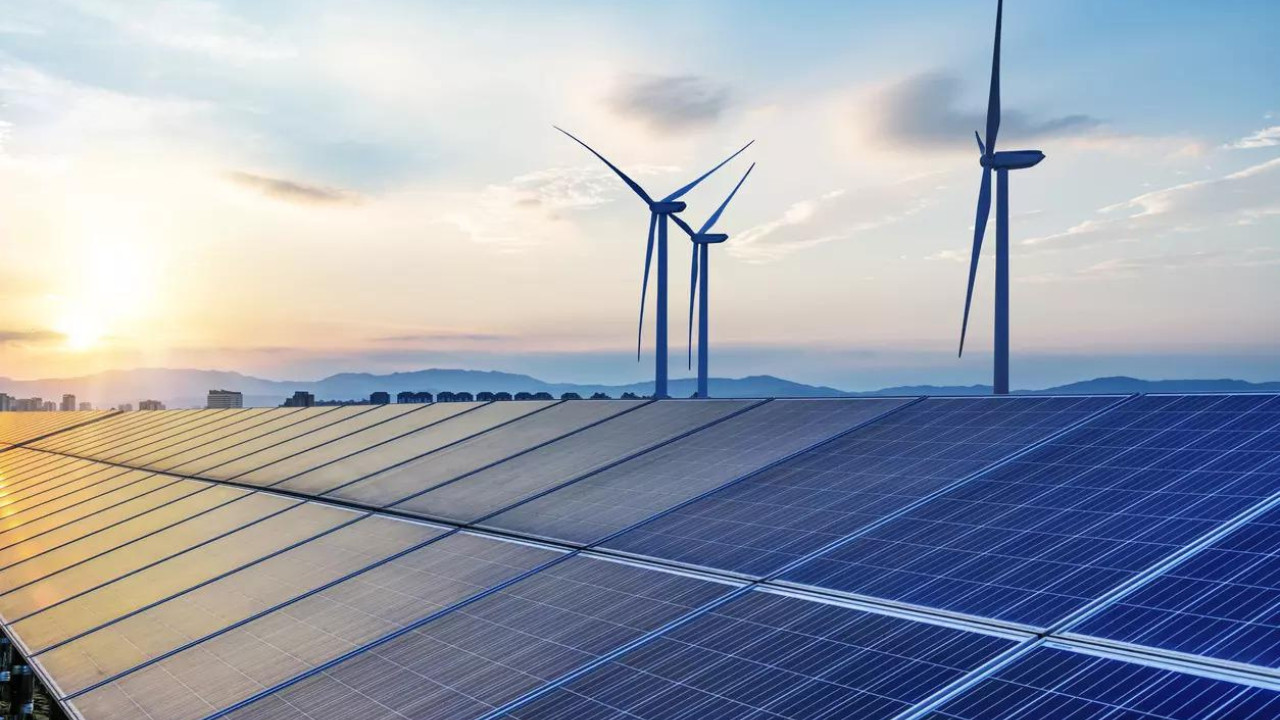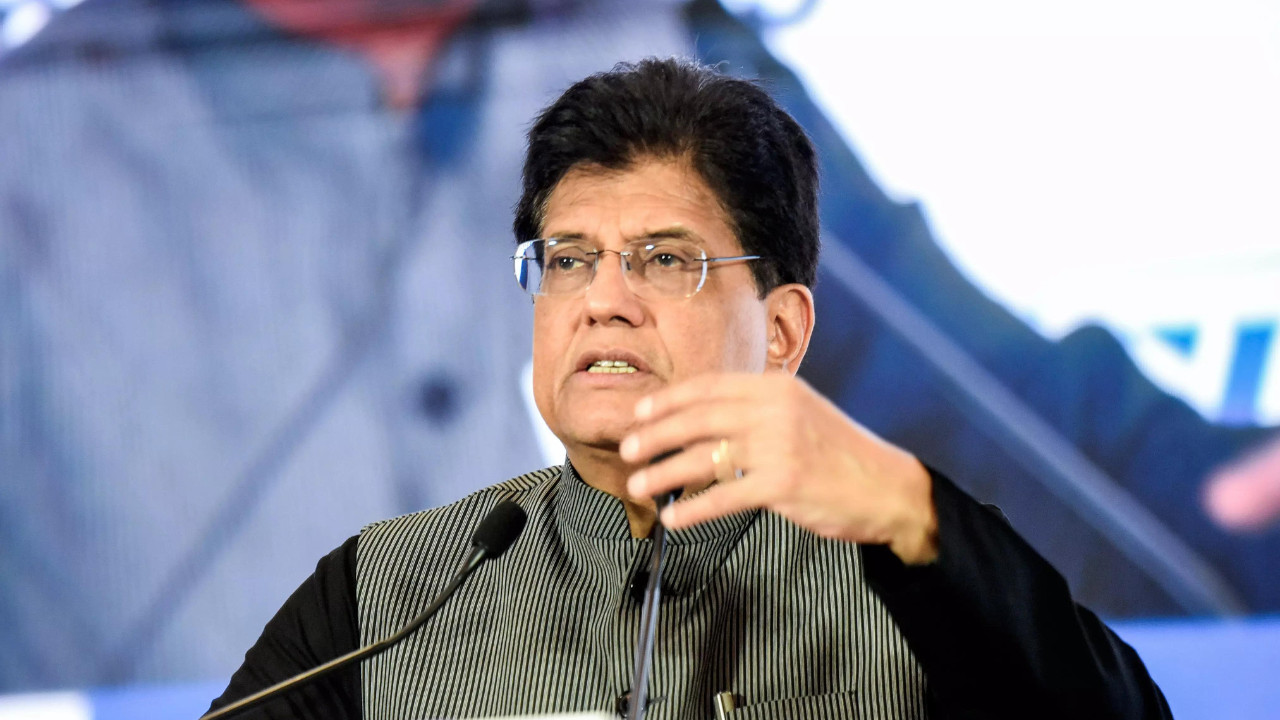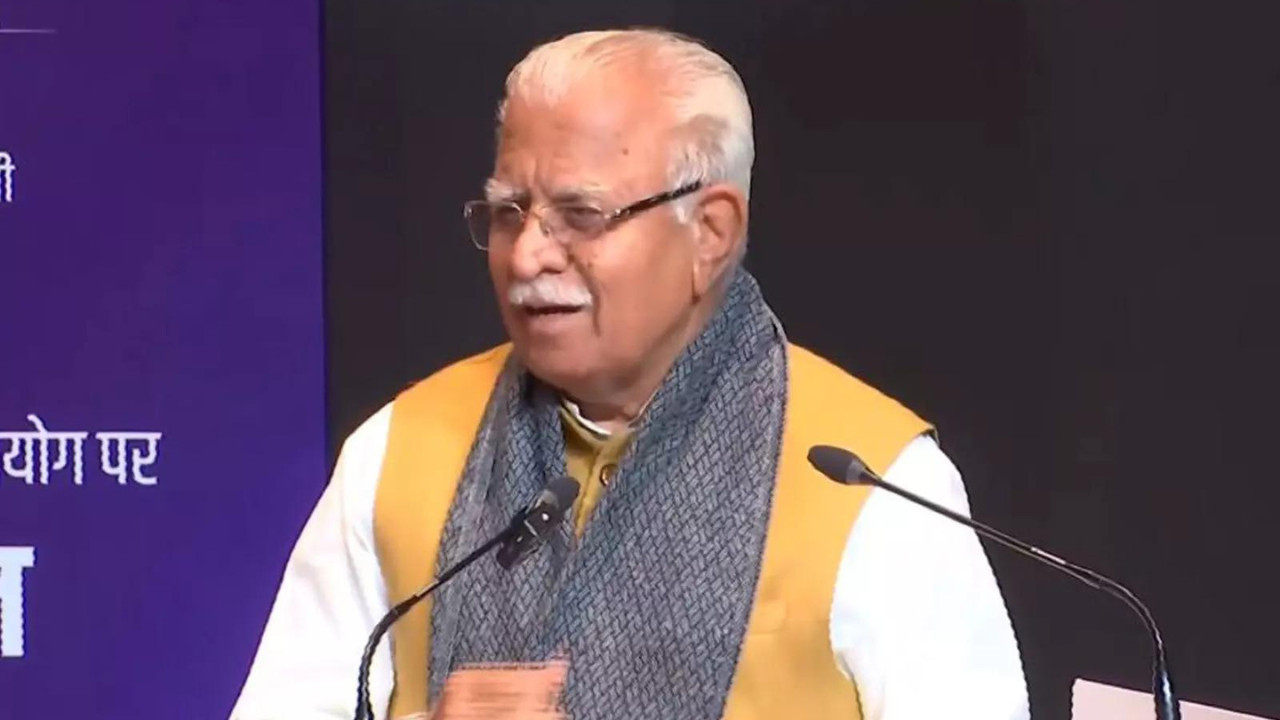Amid escalating Iran-Israel tensions, India is proactively exploring alternative energy sources, particularly from West Africa, to safeguard its fuel supply. Contingency plans are being formulated due to potential disruptions in the Strait of Hormuz, a critical global energy transit point. While India possesses significant storage capacity, concerns remain about potential price spikes and supply crunches affecting the global market.
Strait of Hormuz: Could Tensions in the Middle East Empty Our Wallets?
Okay, let’s be real. The news cycle these days is a non-stop rollercoaster of anxiety. And just when you think you can breathe, something else pops up to threaten your peace of mind (and, let’s face it, your pocketbook). The latest contender? Rising tensions between Iran and Israel. We’re not just talking geopolitical chess moves here; this could have real, tangible effects on… well, everything, starting with the price you pay at the gas pump.
The linchpin in all this is the Strait of Hormuz. Picture this: a narrow waterway, only 21 miles wide at its narrowest point, that acts as the jugular vein for global oil supply. About 20% of the world’s crude oil sloshes through this strategic chokepoint every single day. And Iran, geographically positioned like a gatekeeper, has repeatedly threatened to close it in response to escalating conflicts.
Now, why should we in India care? Because we’re heavily reliant on oil imports. Think about it: our booming economy, our growing cities, the very vehicles that get us from point A to point B – all powered, in large part, by oil that often makes its way through that very strait. If Iran were to make good on its threats (and that’s a big “if,” but one we can’t ignore), the implications for India’s energy security are, to put it mildly, significant.
Imagine the scenario: the Strait gets blocked or even just severely disrupted. Suddenly, tankers laden with crude oil are facing a maritime traffic jam the size of Mumbai. Shipping costs skyrocket as insurance premiums go through the roof. Alternative routes, like sailing around Africa, add weeks to the journey, translating to higher prices at every stage.
Indian oil refiners, the companies that turn crude oil into the petrol and diesel we use, are acutely aware of this risk. They’re not just sitting back and hoping for the best; they’re actively exploring alternative supply routes and diversifying their sources. Think of it as hedging their bets, ensuring they’re not solely reliant on one vulnerable supply chain.
But here’s the thing: even with proactive planning, circumventing the Strait of Hormuz is never going to be a walk in the park. It’s a complex logistical puzzle with financial implications that ultimately trickle down to us, the consumers. We might see a spike in petrol prices, impacting everything from transportation costs to the price of everyday goods transported by truck. Suddenly, that weekly grocery bill looks a little heavier.
Of course, it’s not all doom and gloom. India has been investing heavily in strategic petroleum reserves – underground storage facilities designed to act as a buffer against supply disruptions. These reserves can provide a temporary lifeline, helping to stabilize prices during a crisis. However, they are a short-term solution, not a magic bullet.
Furthermore, the situation is incredibly fluid. International diplomacy plays a crucial role. Back-channel negotiations, pressure from global powers, and even the potential for de-escalation could all significantly alter the trajectory. The geopolitical chessboard is constantly being rearranged.
What’s particularly interesting is the quiet scramble behind the scenes. Refiners are likely reaching out to alternative suppliers, potentially forging new partnerships and re-evaluating existing contracts. They’re also looking at optimizing their refining processes to maximize efficiency and minimize waste. These are the kinds of details that rarely make headlines but are critical to understanding how the Indian economy is preparing for potential disruption.
So, what’s the takeaway? The situation in the Middle East is more than just a distant conflict. It’s a potential economic flashpoint with the capacity to directly impact our lives. While it’s impossible to predict the future with certainty, understanding the potential consequences – particularly the vulnerability of the Strait of Hormuz – is crucial. The increased fuel prices will potentially hit the lower and middle class section of society the most.
Ultimately, the situation highlights the importance of energy security for India. Diversifying our energy sources, investing in renewable energy, and strengthening our strategic reserves are all crucial steps towards insulating ourselves from the volatility of the global oil market. It’s about more than just keeping our cars running; it’s about safeguarding our economic future. And that’s something worth paying attention to.







